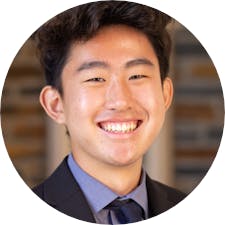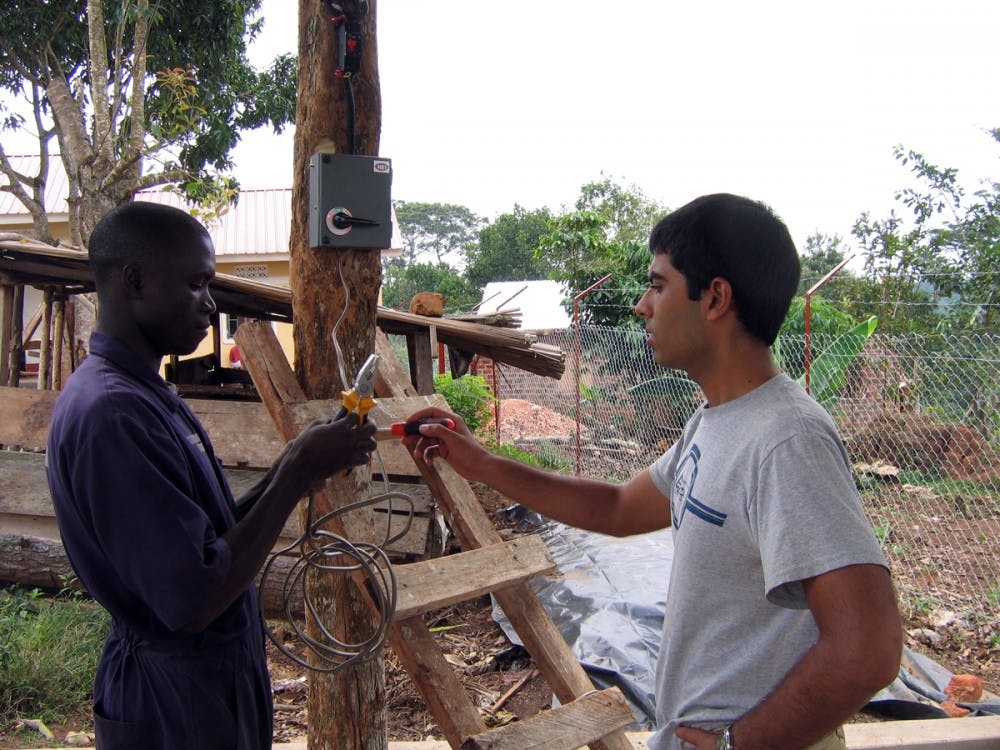DukeEngage, a summer civic engagement program that offers students an immersion opportunity in cities around the U.S. and 10 countries around the world, is a cornerstone of the University’s study abroad offerings.
Since its inception in 2007, this program has become a Duke staple, topping the list of reasons prospective students apply to the University. Through this fully-funded program, students are immersed in and collaborate with communities around the globe to tackle societal problems.
On paper, this program is ambitious and provides a once-in-a-lifetime opportunity to translate education into service. Yet, some current and past participants shared that the program does not necessarily live up to how it’s advertised.
Those participants expressed enthusiasm and positivity regarding the study abroad overall but mentioned concerns about the Fortin Foundation DukeEngage Academy, the pre-departure program that prepares participants to be ethical global citizens.
Concerns about DukeEngage Academy
In preparation for their experience, participants are required to attend the annual Fortin Foundation DukeEngage Academy, a pre-departure program that includes a seminar series and cohort-specific meetings.
Participants expressed how they would have liked for the sessions to have been more specialized to their individual study abroad experience.
Junior Carmen Hall, a member of the 2023 Kaihura, Uganda team, noted how the trips are very different from one another, which she believes makes it difficult to host “generalized meetings for what to expect or how to go into these programs” when some students are going to large cities in the U.S. and others are headed to small villages in other countries.
“I don't think a lot of the things that they were trying to teach me were applicable,” she said.
The 2024 academy addressed this concern by dividing cultural context and health & safety into domestic and international versions depending on the student’s site location, a new change implemented this past year.
“Having done the academy and now teaching it, I kind of understand when [I get] students that are like ‘why am I here’ or ‘I’m tired,’” said Randi Jennings, Trinity ‘24 and an academy preceptor in 2023 and 2024, noting that she shared similar thoughts as an attendee.
According to her, another common complaint is that some students do not initially understand how the pre-departure program is relevant to their programs.
“I didn't see how it related until I did my program. And then I was like, ‘Oh, this is exactly what they were talking about,’” Jennings said.
Aside from the information presented to students at the program, Chen said that she enjoyed being able to meet the rest of her cohort at the academy. She noted how the program organizers set aside time for bonding and icebreakers between members on the same trip. She found the health & safety session especially helpful in terms of managing trick situations and precautions during the study abroad.
Students could choose between two Saturdays to complete the sessions, both running from 8:45 a.m. to 3:45 p.m. The seminar series includes four sessions: health & safety, cultural context, identity & social change and ethics & partnership.
Jennings taught the identity & social change seminar for the 2024 session. Because she participated in the academy before she became a preceptor, she noted that her perspective as an attendee versus a teacher helped her understand some of the shortcomings of the pre-departure program.
During the 2022 program — when Jennings was a participant — the four seminar sessions were spread out across four weeks.
“I do appreciate that they’ve made it all one day so you can knock it out without that standing commitment to work around,” she said.
Despite the condensed schedule, some students still believe the length of the academy could be shortened even further.
“[The academy] forced us to be in the same spot for many hours,” said sophomore Angela Chen, who is interning this summer at the International Information Technology and Innovation Foundation through the Washington, D.C. Science & Tech Policy program. She believed the sessions could be shorter and spread across two weekends.
Global Connections
Even with concerns about the pre-departure program, the participants shared the positive experiences and takeaways they had from their individual trips.
When asked to describe her experience in a singular word, Jennings said “transformational.”
She participated in the 2022 Democracy at Risk DukeEngage program in Washington, D.C. During her experience, Jennings worked with Freedom House, an advocacy group that aims to “defend human rights and promote democratic change.”
She said that her DukeEngage experience was crucial in determining what career path to take post-graduation. At Freedom House, Jennings worked on the Latin American and Caribbean democracy programs.
“Being exposed to how important bolstering the rule of law is there and getting to do it very hands-on really changed what I did this past summer and what I’m going to do going forward,” she said.
During summer 2023, junior Diego Ayala traveled to Eswatini to construct a bridge for students whose school lay across the Ngwempisi River. He said the biggest lesson he learned was the idea that “people’s source of happiness comes from pretty much anywhere.”
He added that his trip made it clear that despite living in differing environments, people are inherently similar when it comes to what motivates them.
According to Hall, who worked at a local primary school to improve the welfare of students in the surrounding area, the program is “what you make of it.”
Hall’s spark with students and faculty early into the trip allowed for an experience that went past volunteering, which she said didn’t feel like work, but “connecting with faculty and teachers in the program.”
However, she felt that it would have been helpful to meet with past students who went to the same site to gain valuable insight that may not be available otherwise. She further mentioned that the program could have been more accommodating in providing financial aid to purchase smaller items required for the trip.
Ultimately, Ayala said the one thing that made his experience so rewarding was the fact that his cohort was focused on one “tangible goal” to “[help] the community out.”
“I think if there is a clear motivation [set by each trip having their own individual academy], a lot of the internal issues with DukeEngage could be solved,” he said.
Get The Chronicle straight to your inbox
Signup for our weekly newsletter. Cancel at any time.

Andrew Bae is a Trinity junior and an editor-at-large of The Chronicle's 120th volume.

